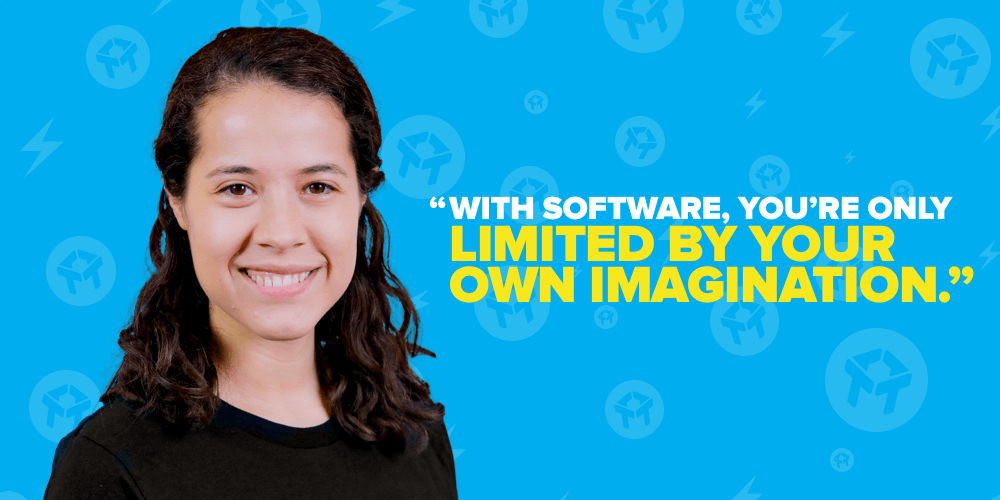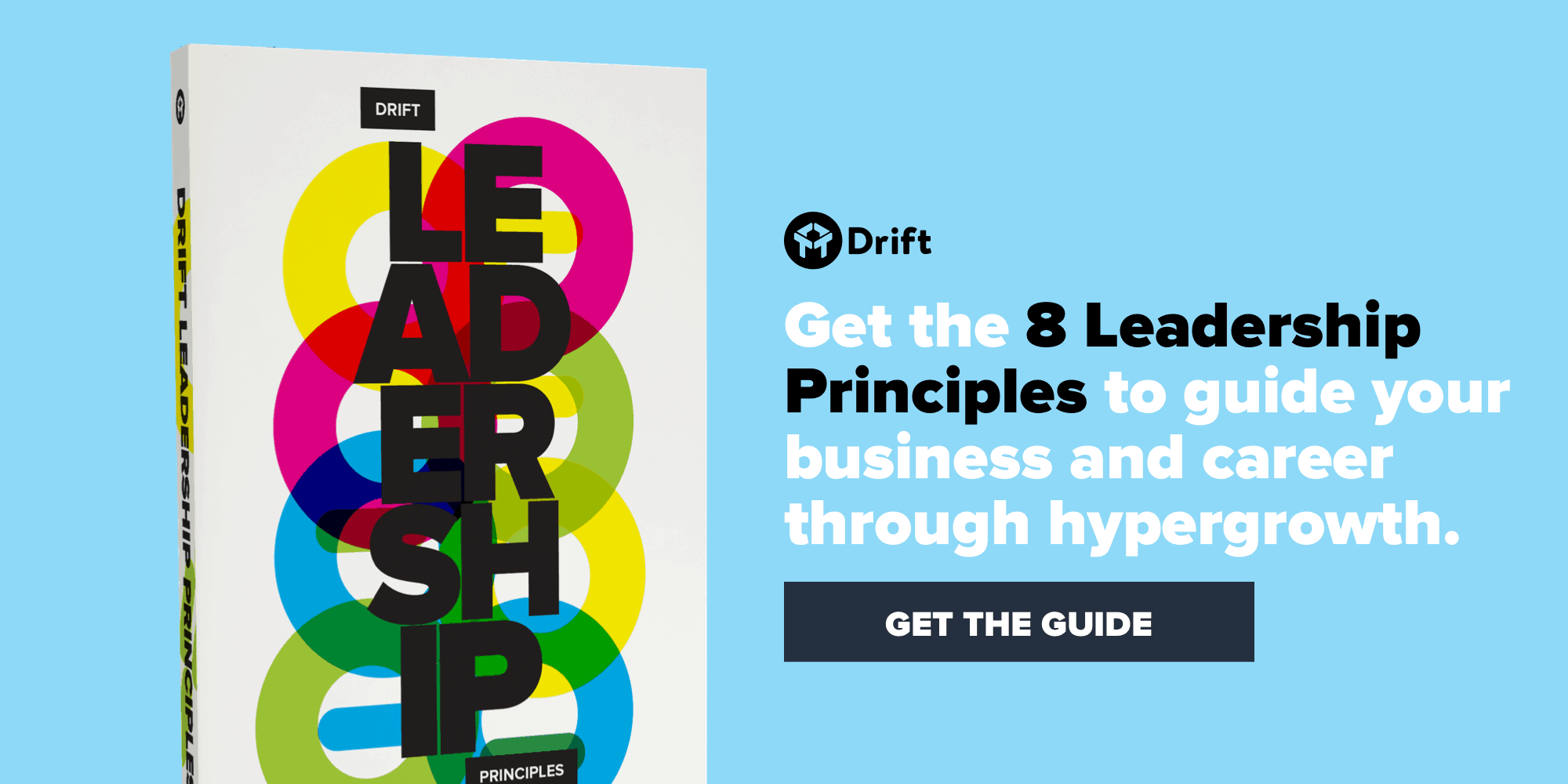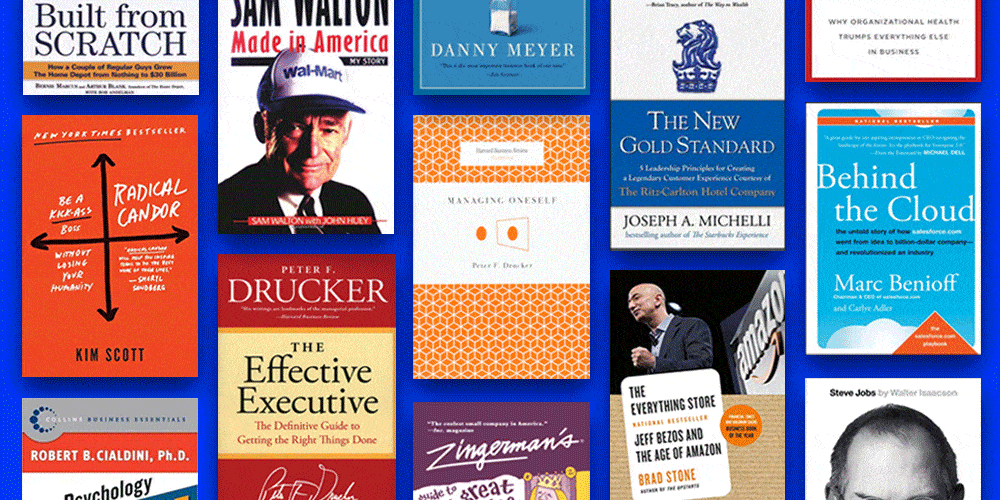
Hey, I’m Cata. And I’m a member of Drift’s recruiting team. It’s my job to find the very best talent out there to join us at Drift. And we’ve got some pretty amazing people on our team. So we’re starting a new series. Each month we’ll introduce you to a Drifter we think is pretty great.
Because we want to highlight our awesome team members. And we want to tell you about all of the amazing career opportunities at Drift.
First up, a conversation with Fernanda Lavalle, Software Engineer on Drift’s Reporting team. If you want to join Fernanda on our engineering team, you can check out those job openings here.
Now let’s get to it.
The following has been edited and condensed for clarity.
Catalina Carvajal: Tell me a bit about your background?
Fernanda Lavalle: I was born in Mexico. My family is from Mexico City, but I moved to Houston when I was 5 or 6 so I grew up mostly in Texas. I ended up in software engineering as an accident. I’ve always liked being able to bring ideas to life. It doesn’t have to be specific to software, I like imagining things and making them happen. But I think software is especially powerful for creating because there are no material constraints like you experience in mechanical or chemical engineering. You don’t need concrete materials and a huge lab or workshop. With software, you’re only limited by your own imagination.
CC: What was your first job?
FL: My first job ever was lifeguarding, but it was mostly a lot of swimming when no one was around. My first really demanding job was working at a BBQ restaurant where I predominately baked bread and sold desserts. Looking back it was actually pretty fun.
CC: How did you join the Drift team?
FL: It’s actually a funny story because everything just worked out perfectly to bring me here. Carolina Lopez-Trevino, one of the other software engineers here, messaged me on LinkedIn the week I was starting my job search. We went to college together but we didn’t really know each other. She pretty much said, “You should think about Drift, I love it here”.
By that time, I had just finished a contract with City Hall and was starting to search for new opportunities. Quite honestly, because I’d never heard of Drift, I thought the interview might be good practice for other technical interviews.
The interview process was really fast and painless in comparison to every other place I was applying to. It only took around 5 business days between the LinkedIn message to getting an offer. During the onsite interview, Elias Torres, Drift’s CTO, stopped in and started speaking to me in Spanish (which I’ve come to realize is his power move). At that point I was still on the fence, but then he was asking me, “What do you want to get out of your next job?” and I was listing all these things, “Constant feedback, freedom, autonomy, strong culture” and to everything I listed Elias was like, “We’ve got that!” So I figured I should give it a shot.
CC: As a female, Latin software engineer have you ever felt you’ve faced more challenges than other candidates / employees?
FL: What I’ve noticed more than anything is that sometimes the things that women or Latinx people value aren’t as well aligned with what is explicitly praised at work even though I think they’re values everyone benefits from. Most of the social norms at the places I’ve worked have been leftover from a much more homogenous, American, male-dominated world.
People who don’t fit that description still inherit the structures built for very different people and the image of success defined by those same people. So I wouldn’t say there are more “challenges” exactly, it’s just that I don’t always fit as effortlessly into that world and don’t always want to play to win in that way. I’ve got my own priorities that are important to me.
Jameela Jamil said it well. She was talking about beauty standards but I think it’s pretty analogous: how can women be as successful as men at work when they have all this extra homework of worrying about their weight and their hair and all this extra pressure? Those are “requirements” leftover from a different time, and they don’t have a place in a truly equal future.
CC: What does diversity and inclusion mean for you?
FL: To me diversity means having a variety of life experiences, thoughts and points of view. Inclusion is allowing different perspectives to coexist.
CC: Why do you think diversity in the workplace is important and why is it important in product / engineering? How do you think diversity can influence the work on your team?
FL: I think visual point of view and cultural point of view are super analogous. Have you seen those shadow puppets or optical illusions that can take different forms depending on the angle you’re looking at them from? Well, in a “monoculture” environment everyone would see the same puppet or shape because everyone looks at it from the same physical and cultural point of view. Everyone has the same perspective. But, diversity means seeing different shapes and animals. And recognizing what’s causing the different shadows because everyone is looking from different angles.
I think diversity in the workplace is important for everyone because it makes a company more robust, you don’t all have the same blind spots and wrong assumptions. In a diverse place, you have someone to point out the things you just can’t see from where you’re sitting.
And diversity is important for traditionally underrepresented groups because as a culture changes and becomes more diverse, it takes less bravery to be different. It becomes the norm which means you don’t have to think about it as much.
CC: What can people and organizations do to show commitment to D&I?
FL: Don’t assume your experience is universal. The things that are obvious to you aren’t to everyone else, and if you hear an opinion or conclusion that you think is ridiculous from someone you otherwise trust and value, I think you should err on the side of assuming there’s a good reason you’re not getting their point.
CC: How would you approach making diversity valued and understood by your peers?
FL: Honestly, I think I’ve been lucky to be in environments where my peers are super on board with diversity. They’ve always understood why it’s important. I think valuing it and being good at it are two different things though and sometimes we all fall back into wanting to hive-mind because it takes less energy.
CC: What advice would you give to other women of color in tech?
FL: My advice is easier said than done, but take chances. Take every perk and benefit you get, which can feel weird since you want to be valued for your skills and not because you are part of a minority group. I find it a little uncomfortable sometimes to get woman / Latinx specific praise or attention and I’m sure other people can relate to that but it’s your life. So take the opportunities that come to you if they’re something you want. Life is arbitrary! Let’s just be happy when it’s arbitrarily helpful. Let’s spend less time thinking about if we really deserve things and more time thinking about what we want.
Thanks for reading! Stay tuned for our team spotlight next month. In the meantime, be sure to check out all of our open positions here.






